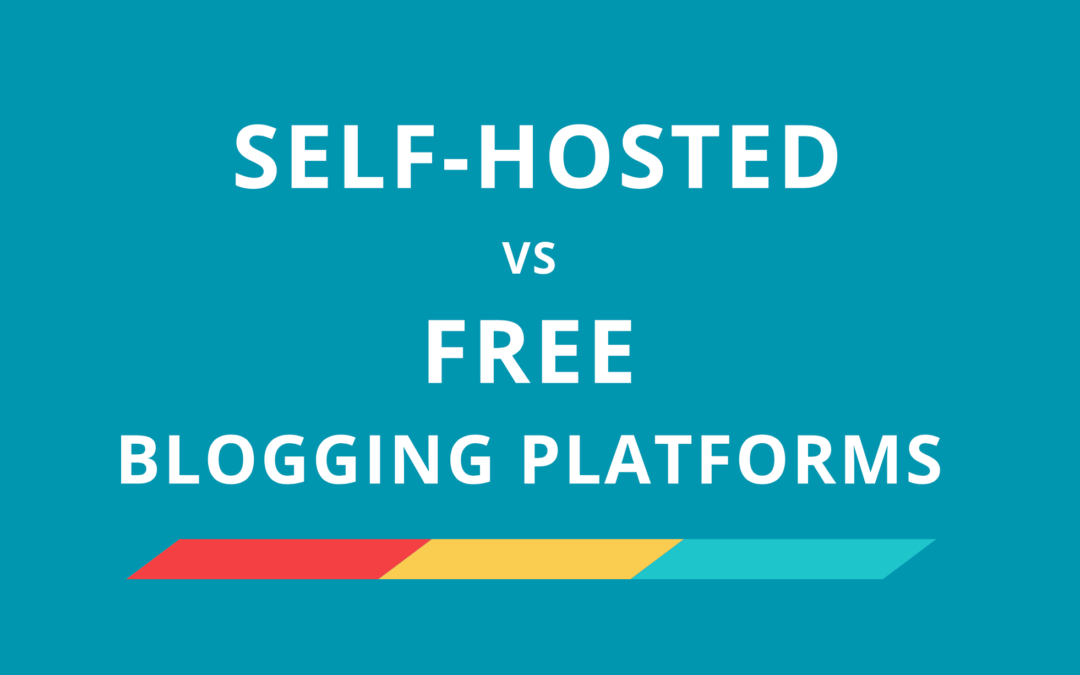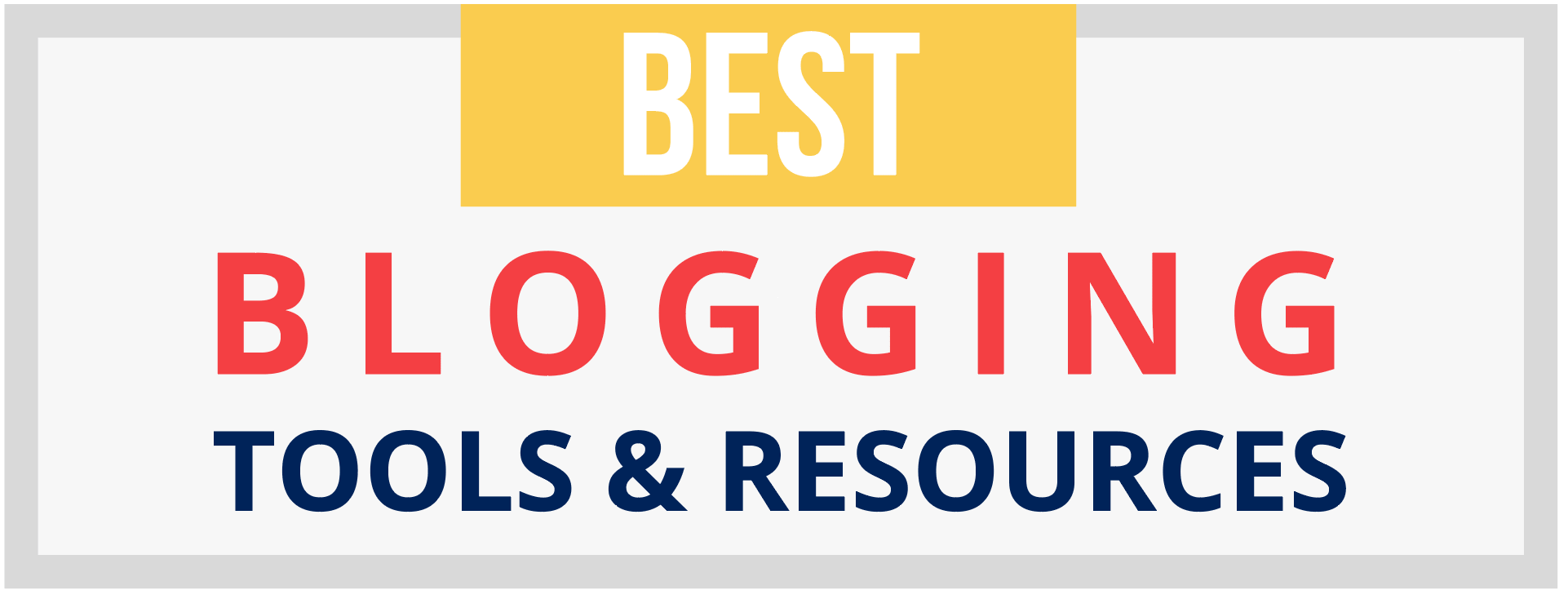Before you start building your blog, one of the most important decisions you make is whether to use a free blogging platform or invest in a self-hosted platform.
In this post, I’ll clarify what this means and why I believe choosing a self-hosted blog is most likely the best option for you.
So what is “hosting” anyway? Good question and a good place to start. Hosting refers to the place where a website is stored and made accessible via the World Wide Web. That place is a special computer called a server that is connected to a very fast network. Web hosting services provide the technology and services that allow your website to be viewed in the Internet.
If you are starting a blog for the first time, there are generally two hosting options for you to consider.
1. Host Your Blog On a Free Platform
Hosting your blog on a free platform basically means it doesn’t cost you anything because you don’t have to buy a domain name or pay for hosting.
All that is taken care of by the platform provider. Once you create an account you can choose a domain name for free and the platform provider will host your website for you.
So all your website files will be stored on their platform and they will make your website able to be viewed by others. For example, WordPress.com is a free platform.
2. Self-Hosted Blog
Your other option, is to have a self-hosted blog. In this scenario, you purchase your domain name from a domain name registrar, usually for around $10 a year.
Then you purchase web hosting from a host provider (this can be the same company as the domain name registrars) where for a monthly fee, the host provider provides space for your website on a server and makes your website able to be viewed by others on the Internet by providing connectivity.
Host providers also provide customer support and many other services. In this scenario your website is totally under your control.
Self-Hosted vs Free Blogging Platforms
There are many differences between having a self-hosted website and a website on a free platform which is why you need to think ahead before signing up for the free option.
Cost
The most obvious difference is cost and really the only reason you wouldn’t go straight for the self-hosted option.
A domain name can cost around $10 per year or up to $20 with addons such as privacy protection. Web hosting can cost $3-$4 per month if signing up for a minimum of three years. Otherwise costs can be up to $12 per month depending on the plan.
Website Address
Say, I want to start a blog called “I Am Awesome”. On a free platform such as WordPress.com the domain name of my blog will look like this.
www.iamawesome.wordpress.com
Notice the word “wordpress” in the domain name. This indicates to people looking at your site, that you don’t have your own domain and hosting and that you’re on the WordPress.com platform.
Alternatively, if I purchase the domain from a domain name registrar my website URL will look like this.
www.iamawesome.com
Way more professional!
However, some platforms do allow you to upgrade to your own domain and will simply host your blog. WordPress.com and Blogger.com both allow this.
Control
Having a self-hosted website gives you more control over design elements, features and functionality. For example:
- Plugins – Plugins add new features or extend functionality to your website. If you have a self-hosted blog with WordPress software there are thousands of plugins you can add to your website. WordPress.com the free platform doesn’t allow plugins.
- Themes – A theme is a design and layout template that you can use for your website. Changing your theme means changing the way your website looks. Free platforms have a limited selection of themes to choose from. With a self-hosted blog, you can choose from literally thousands upon thousands of themes.
- Search Engine Optimization – SEO is how well you are ranked for placement in search results for search engines such as Google, Bing and Yahoo. With a self-hosted website, more options are available to optimize your site for SEO. It’s also said that self-hosted sites rank higher than sites on free platforms.
Ownership
Most importantly building an online presence for your business, from your blog on someone else’s platform, is risky business. What if they shut you down? The platform starts to fade into irrelevance? The rules change?
For all your hard work creating content, why not build your own business rather than someone else’s.
Monetisation
Free platforms generally limit your options when it comes to making money with advertising and affiliate marketing. If you start your blog on a free platform and then down the track realize you want to ramp it up, go from blog to biz, you’ve got to deal with that.
Ultimately you have much more control over your blog and business if you have a self-hosted blog.
Thinking Ahead…
If you want to be a professional blogger or you think you might want to become a professional blogger, then having a self-hosted website is the best option for you.
It’s much easier to start off with a cheap three-year plan and avoid making the transition from the free platform over to the web host provider down the track.
If you just want to keep a diary or share your life or hobbies with your family and friends or other like-minded bloggers, then it’s not necessary to invest in a domain name and web hosting. Blogger, Tumblr or WordPress.com for example, will do the job just fine!
Professional bloggers to be, stay with me! Click on the red button below for the next tutorial.
I’d love to know if you found this post helpful. As always, let me know, share below 🙂
AUTHOR: SARAH PILATI Hi, I’m Sarah! I’m here to help you create your first WordPress blog. I cover the early stages of your project – getting your website up and running! If you have any doubts you can do it yourself, this website is for you! You can get started here.









0 Comments